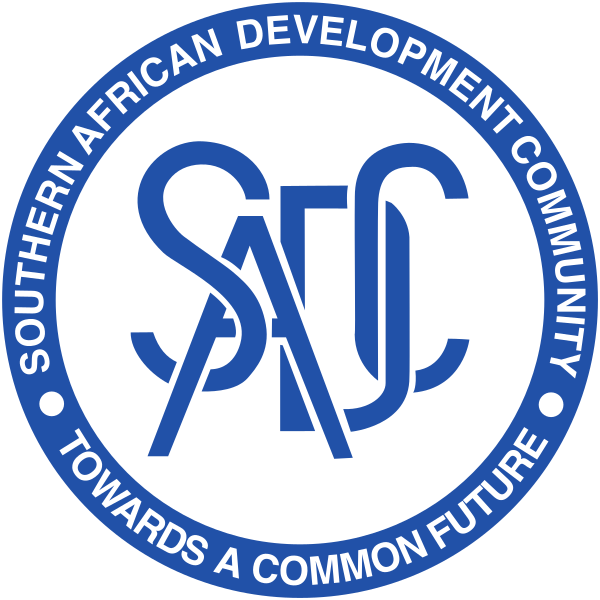U.S. Government to Hand Over Rebuilt Cold Storage Facility to Zambia’s Seed Control and Certification Institute (SCCI).
September 9, 2019, LUSAKA – Representing the United States Government, the Mission Director for the United States Agency for International Development (USAID) Zambia Mission Director, Sheryl Stumbras, along with USAID’s Regional Agriculture Advisor, Dr. Takele Tassew, handed over a rebuilt cold storage facility, which had been gutted by fire in 2015, to the Honorable Minister of Agriculture, Mr. Michael Katambo at the Zambia Seed Control and Certification Institute (SCCI) in Chilanga.
The cold storage facility is a critical piece of infrastructure in the seed certification process, meeting internationally agreed standards, such as the International Seed Testing Association (ISTA) and the Southern African Development Community Harmonised Seed Regulatory Systems (SADC HSRS) guidelines. USAID provided the in-kind grant to fund the rebuilding of the cold storage seed store facility through its Feed the Future Southern Africa Seed Trade Project (Seed Trade Project), to the National Seed Authority (NSA) of Zambia – the SCCI. Further, the grant has also helped SCCI expand their reference sample cold storage facility for seed, which now stands at 5,000.
“The United States Government is committed to economic development and food security in the SADC region, and Zambia’s leadership in seed export and trade, as well as capacity building to other nations, is important for continued growth in the agriculture sector, said USAID Zambia Mission Director, Sheryl Stumbras. “Ensuring critical infrastructure, like the cold storage facility, are in place and maintained, lays a strong foundation for the whole system to work smoothly.”
ISTA audited Zambia’s SCCI Seed Testing Laboratory back in April, with preliminary findings affirming the laboratory’s competence to test and issue ISTA International Seed Lot Certificates. These certificates allow for international seed trade, not only in the SADC but also in COMESA region and beyond. The cold storage seed store was critical to SCCI passing the audit.
The Honorable Minister of Agriculture, Mr. Michael Katambo, represented the Zambian Government at the handover. “This facility is very important to us as a country, as it forms part of the requirements for the Southern African Development Community (SADC) seed certification quality assurance system, and it also provides a basis for auditing by ISTA,” said the Agriculture Minister, Mr. Michael Katambo. “The Zambian Government is very committed to ensuring that Zambia maintains its seed export status in the SADC region. For this to be sustained, this refurbished cold storage facility we are receiving today is critical.
Zambia has become a major seed exporter in the SADC region and the SCCI is the country’s primary resource for seed supply. Further, the Seed Trade Project works closely with the SCCI to provide capacity building to less successful National Seed Authorities across the African continent.
The United States Government will continue to partner with the Zambian government, as well as the SADC Secretariat toward the full implementation and domestication of the SADC Harmonised Seed Regulatory Systems among Member States.
About Feed the Future Southern Africa Seed Trade Project
The Feed the Future Southern Africa Seed Trade Project (Seed Trade Project) is a five-year project designed to increase the availability of high-quality seed of improved varieties to farmers in the Southern African Development Community (SADC) region, and contribute to increased agricultural productivity and improved food and nutrition security. The Seed Trade Project provides targeted technical assistance to facilitate implementation of the SADC Harmonised Seed Regulatory System (HSRS), which aims to boost seed trade across the region, integrating smaller and more isolated national seed markets into one larger SADC market. The Seed Trade Project is part of a regional policy effort to improve agricultural productivity, food security and nutrition in the SADC region.

